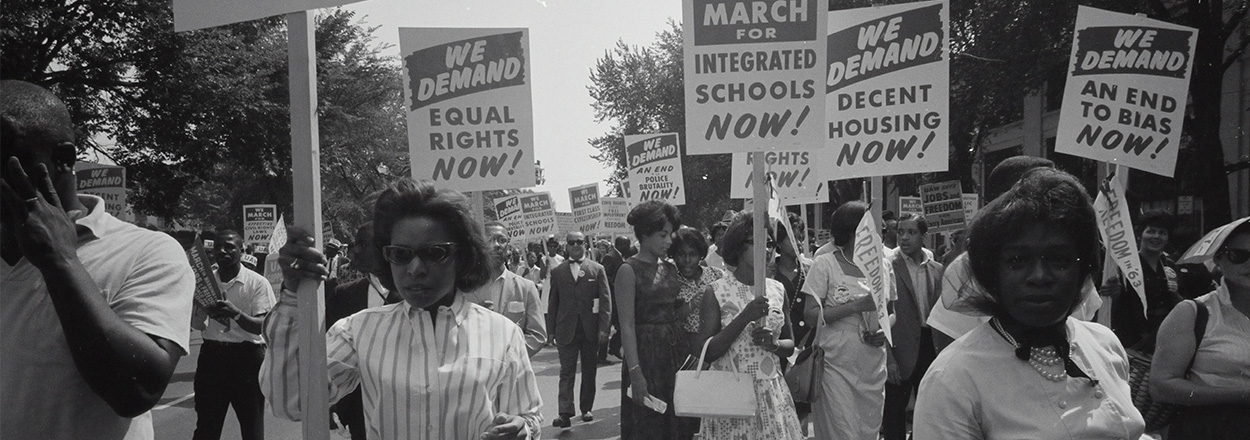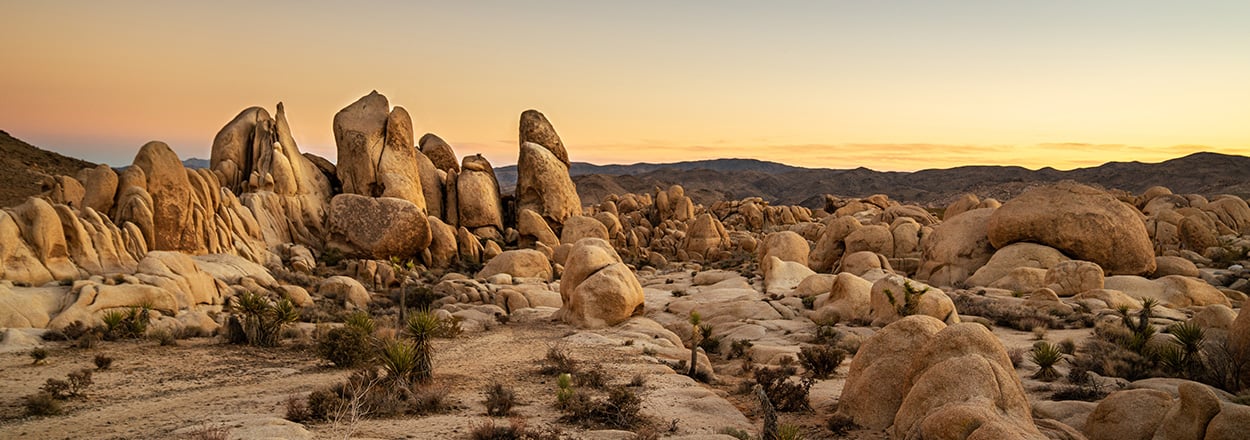Do you know travelers who love history but hate the inconvenience of air travel? Encourage them to explore American history with a road trip tour of the civil rights movement through the heart of the South. From immersive museums to historic restaurants, travelers can step into this decisive era on these four stops, each within a three-hour drive of the last.
Atlanta, Georgia
The King Center
No foray into the Civil Rights Movement would be complete without paying homage to its leader, Dr. Martin Luther King, Jr. Founded in 1968 by King’s wife, Coretta Scott King, the King Center is both a museum devoted to preserving King’s legacy and a memorial to the late couple, who are buried onsite. Nearly a million people visit the center each year to hear conferences on social change and to honor the Kings’ pivotal role in the fight for racial equity in America.
APEX Museum
To understand why learning about the civil rights movement is important in the first place, travelers can visit the APEX Museum. Short for “African-American panoramic experience,” the APEX Museum is the oldest Black history museum in the United States. The museum presents history from the perspective of African-Americans with the goal of enhancing visitors’ understanding of the contributions and experiences of Black people, both past and present. APEX currently features exhibits on the trans-Atlantic slave trade and historic Black-owned businesses.
Busy Bee Cafe
Travelers may feel taxed after immersing themselves in the heavy subject matter of social injustice. Encourage them to take a break from the intensity and enjoy a meat-and-two plate at the historic Busy Bee Cafe. Founded in 1947 by self-taught cook and Black woman Lucy Jackson, this soul food mainstay is only ten minutes from the APEX Museum.
Selma, Alabama
Edmund Pettus Bridge and Selma Riverfront Park
Stretching across the Alabama River, the Edmund Pettus Bridge was pivotal in the struggle for civil rights. In 1965, police officers quashed protestors marching from Selma to Montgomery in what is now called “Bloody Sunday.” Two days later, Dr. King brought national attention to the skirmish by leading a symbolic march across the bridge. Travelers can walk across the fabled bridge themselves, or they can look upon it from the nearby Selma Riverfront Park.
Birmingham, Alabama
16th Street Baptist Church
Throughout the civil rights movement, churches served as crucial meeting places for activists, where they could plan for rallies and communally support one another. 16th Street Baptist Church in downtown Birmingham was among the most important, as it was the departure point for many demonstrations that took place in Birmingham during the 1960s. Because of the church’s prominence within the movement, it was also the target of racial violence. In 1963, members of the Ku Klux Klan bombed the church, and four young Black girls were killed.
Kelly Ingram Park
At Kelly Ingram Park, travelers can take a break from intense subject matter and museum plaques while still engaging with civil rights history. This sculpture garden is free to the public, and its statues tell the story of Birmingham’s violent struggles for equality. Visitors can opt to take an audio tour of the park, which was the site of several demonstrations and rallies in the 1960s.
Memphis, Tennessee
National Civil Rights Museum at the Lorraine Motel
In the heart of Memphis lies a must-see stop: the widely acclaimed National Civil Rights Museum. The museum is itself a historic site, housed in the former Lorraine Motel where Dr. Martin Luther King, Jr. was assassinated in 1968. Behind the iconic bright-blue façade are historic collections and interactive exhibits that explore the civil rights movement and its present-day significance.
The Four Way
After another museum visit, travelers may want to experience history in a different format. Enter: The Four Way, a historic soul food restaurant located a mere six-minute drive away from the National Civil Rights Museum. Founded in 1946, The Four Way has a rich history. It was the first soul food restaurant in Memphis and one of the city’s only restaurants to serve both Black and white patrons during the civil rights movement. Activists like Dr. King and Reverend Jessie Jones frequently met here, too.






comments